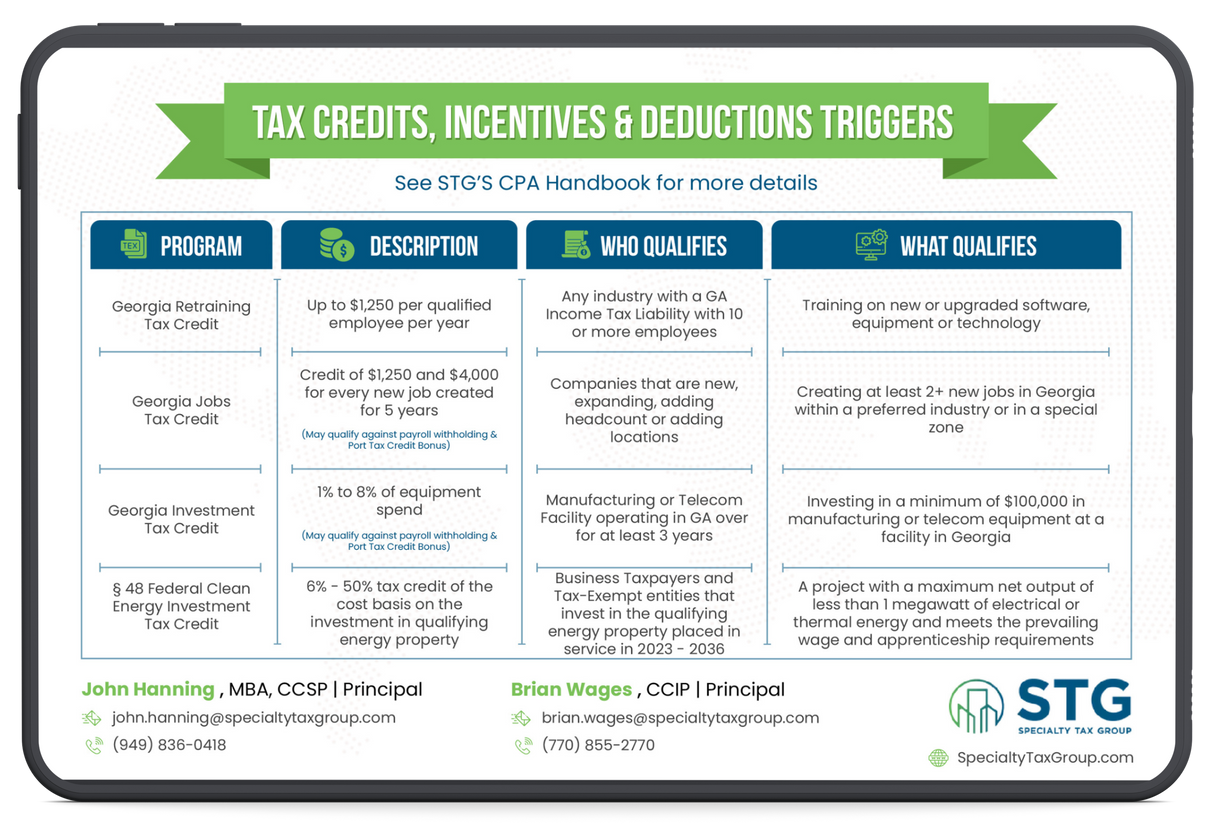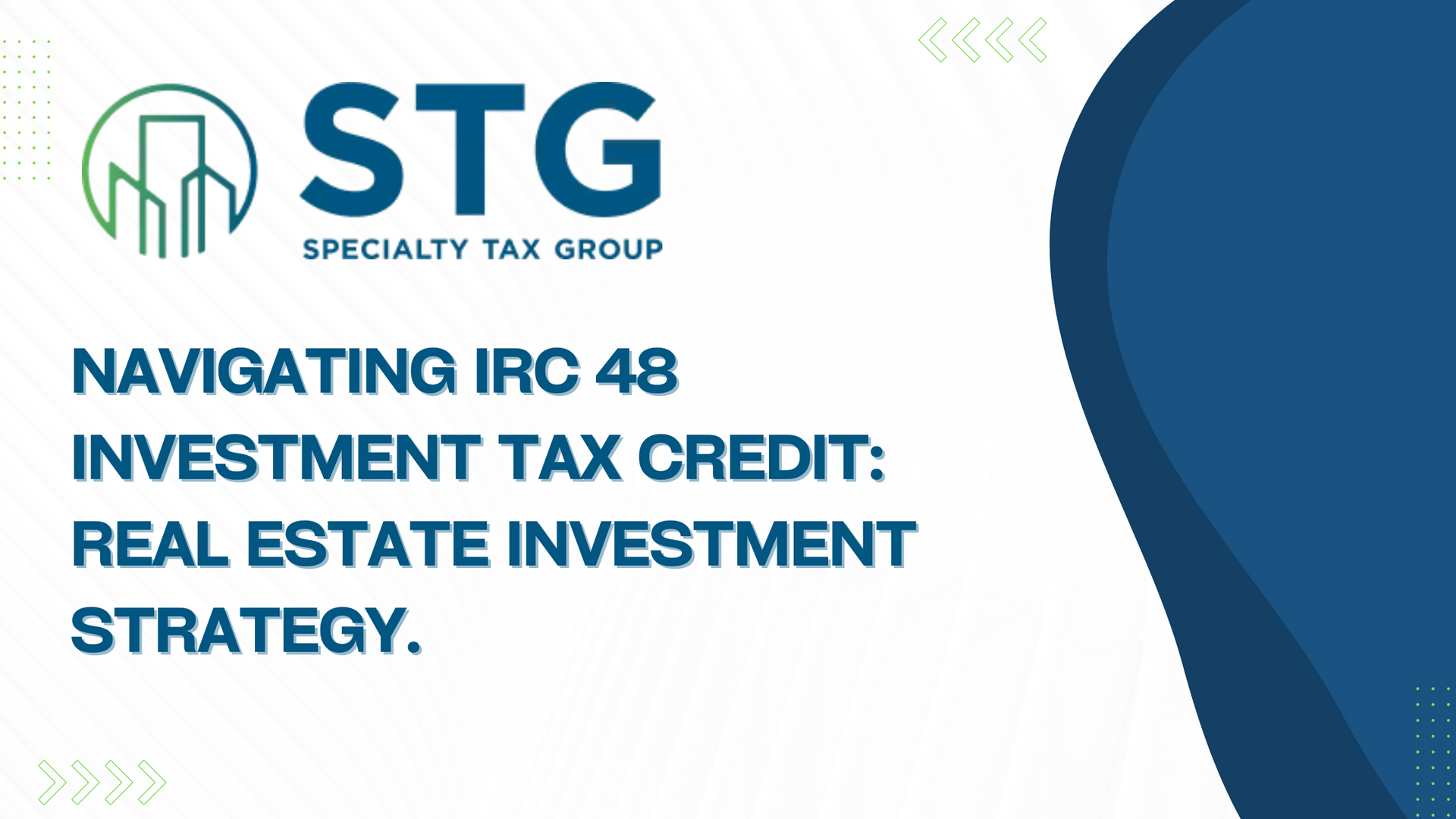This blog post has been researched, edited, and approved by John Hanning and Brian Wages. Join our newsletter below.
Newsletter Form
Thank you for joining our newsletter. We will email you the latest updates every other Thursday at 12pm.
Please try again later.
What Are CPE Credits for CPAs?

Getting a Certified Public Accountant license is just the start as you go through your career as a licensed CPA. All CPAs must meet Continuing Professional Education (CPE) credit rules from their state licensing board to keep their license.
Getting CPE credits can be hard because of the work and know-how needed to figure out what classes you need and how to fit them in. This guide will explain what CPE credits are, the areas that count, and the different ways to earn credits to meet your state's needs.
What Are CPE Credits?
CPE credits must be approved primarily by the National Association of State Boards of Accountancy (NASBA) or AICPA, but every state may include additional requirements. These credits are required annually to ensure that you continue to learn and stay up to date on any changes in the accounting and finance fields. Continuous learning allows you to maintain your competency and expertise as well as remain a standout professional.
You must complete 50 minutes of coursework or professional training for every CPE credit. There are many ways to earn CPE credits, and for every hour, a certificate should be issued to verify compliance. With every certificate you earn for CPE credits, you need to keep the supporting documents on file to ensure compliance in the event of a potential audit.
Fields of Study for CPE Credits
According to the latest NASBA and AICPA guidelines, CPE credits can be earned in both technical and non-technical fields of study. Technical fields include Accounting, Auditing, Business Law, Economics, Finance, Information Technology, and Taxes. Non-technical fields encompass Personal Development, Behavioral Ethics, Business Management & Organization, and Communications & Marketing.
Methods for Earning CPE Credits
CPAs have a variety of options for earning CPE credits, allowing for flexibility and convenience in meeting their requirements. These include:
- Conferences and Events – Conferences and events are a great way to earn CPE credits and get to know other professionals in the industry. Conferences usually cover a wide variety of topics on subjects such as tax laws, accounting updates, or general practice changes or development. They can also earn you many credits in one event, although they generally require a bigger investment.
- CPE Designated Courses – There is a growing list of online and in-person classes and courses within the accounting and finance industry. These courses are flexible and cover the latest topics and updates. You can obtain credits through webinars with live instructors, on-demand classes online to fit into your busy schedule, or find an in-person class that allows you to work one-on-one with instructors for a more personal learning experience.
- Online CPE Courses – Online CPE courses offer a convenient and flexible option for CPAs to earn credits at their own pace. These self-study courses are available on various platforms and cover a wide range of topics, allowing you to tailor your learning to your specific needs and interests.
Ethics CPE Requirement
Most states, including New York, require a specific number of hours dedicated to professional ethics as part of the CPE requirements. In New York, CPAs must complete 4 hours of ethics every 3 years. This emphasis on ethics underscores the importance of maintaining the highest standards of professional conduct and integrity in the accounting profession.
Technical vs. Non-Technical CPE
It's important to note the distinction between technical and non-technical CPE credits. Technical CPE credits directly relate to the profession of accounting and enhance a CPA's professional competence in their field of business. Non-technical CPE credits contribute to a CPA's competence in areas that indirectly relate to their field of business, such as leadership and communication skills.
Earning CPE credits can be a daunting task you have to take on every year, but it's essential for you to stay compliant and continue your career. Pick a course type that's best for your learning style to optimize your learning and continue to grow and thrive as a CPA.
2024 Tax Guide
Have A Question?
Contact us today and our friendly team will reach out as soon as possible.
All Rights Reserved | Specialty Tax Group | Powered by Automationlinks | Privacy Policy





